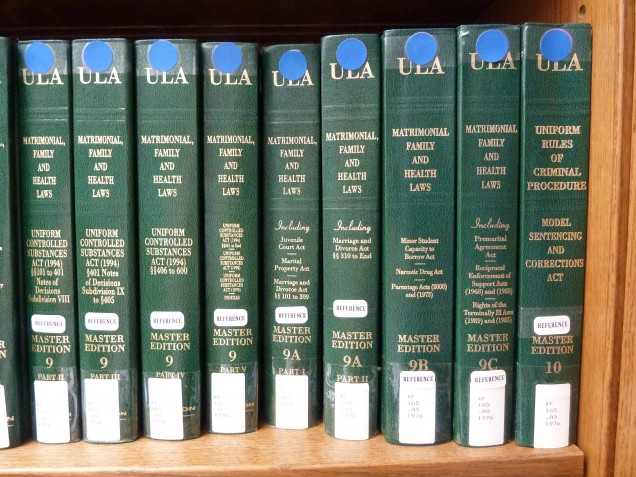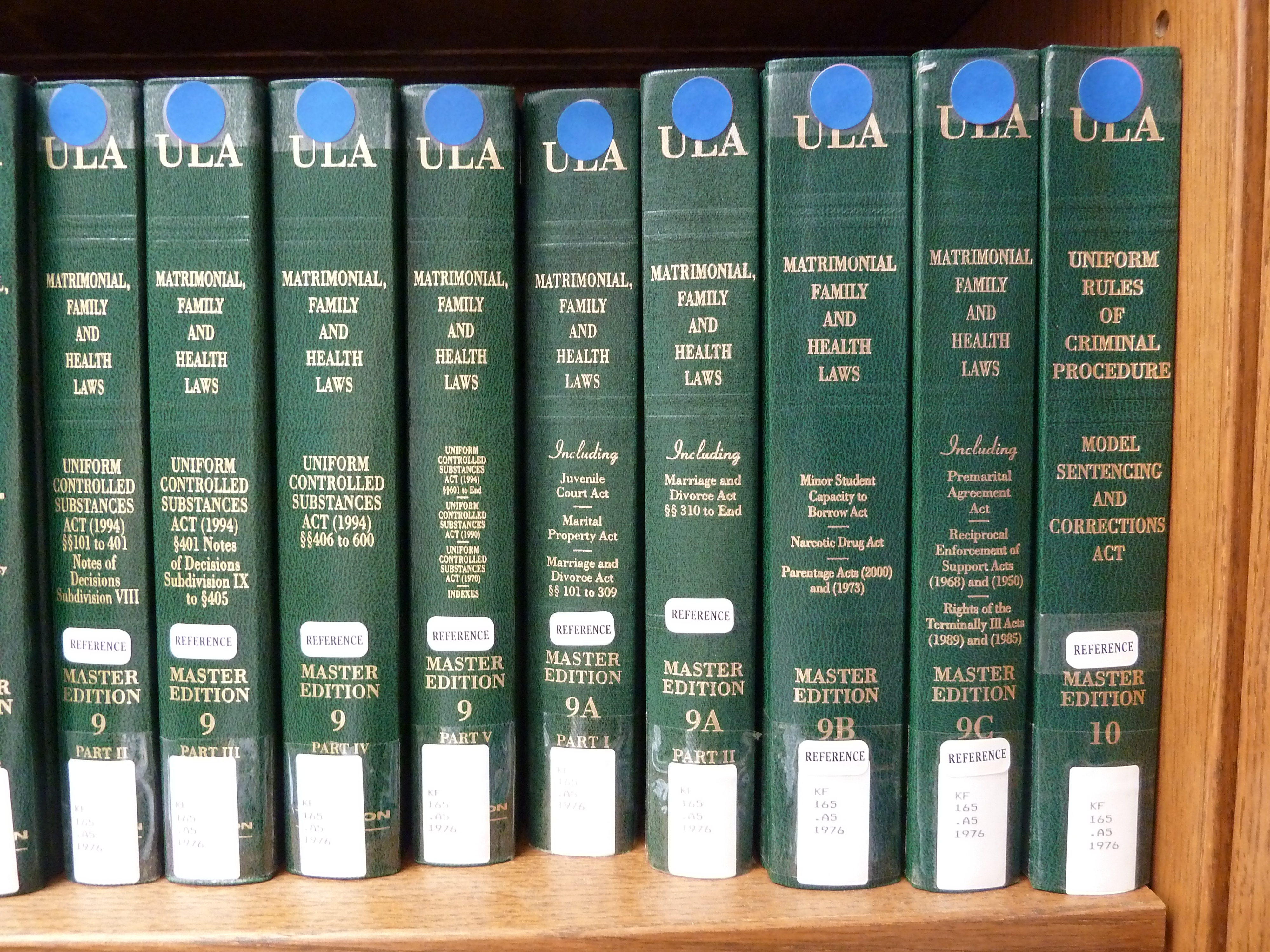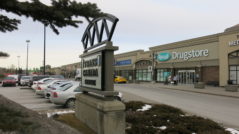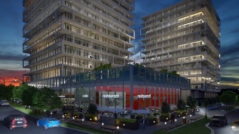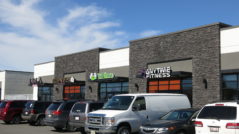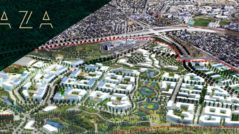When you’re thinking of leasing a commercial space in Calgary there are an assortment of legal issues you should consider before you sign on the dotted line. If you neglect to do so it could end up costing you dearly in the pocket book. Worse, it could end up having dire consequences for the ongoing success of your business enterprise.
A commercial property lease, like any other lease is essentially a contractual agreement between yourself and the landlord. Each leasing situation should be considered unique and you may be well advised to use the services of lawyer who specializes in real estate law. However, for the small business owner, the costs of hiring a lawyer might be prohibitive in terms of your budget.
Here are some of the key features took out for and be wary when signing a commercial occupancy lease for a commercial property.
Obviously, any lease should specify a date of initial occupancy and an expiry date when the lease may be terminated or renewed.
Who’s Responsible for Repairs?
Your commercial property may require repair work before occupancy and will likely require some repairs over the term of the lease. The lease needs to clearly spell out who will assume responsibility for this repair work. The terms must specify what responsibility will be assumed by the landlord and to outline the responsibility of the tenant.
Issue of Indemnity
The lease should also clearly delineate the responsibility of the landlord to indemnify the tenant in case the damage is caused by the landlord’s negligence. Be careful though as some leases will state that they will assume responsibility where the landlord is only grossly negligent. It’s a fine legal distinction but one which can have a severe economic impact on you if you are not clear about the distinction.
Use of Premises
Make sure are clear about what the lease says about how the premises may be used or not used. Consider you long range business plan for down the road. If you plan to add features to your business which may be prohibited by the terms of the lease, then you are going to be out of luck to achieve these objectives.
Renewal Option
This is a very critical feature of the lease. The lease should specify how much time will be provided to the tenant in providing a notice to renew the lease. Also, if the rent is to be increased, there should also be some provision to explain how the new lease rental costs were calculated.
Tennant’s Costs
The lease should also clearly explain how the costs are to be apportioned to the tenant. This should be broken down into rent, building operating costs, costs of your share of the municipal taxes which are to be paid, and your share for the utility portion.
Non-Disturbance Rights and Subordination
Needless, landlords sometimes fall upon hard financial times with their creditors, or you may be faced with a situation where the property is being sold during the lifespan of the lease tenancy. These clauses should clearly spell out your rights under such conditions.
These are but a few of the legal issues you face when entering into a commercial lease. You should research your rights and potential obligations as much as you can before entering into a lease. Getting legal advice can be very crucial to a successful lease. Also, remember that you also have room to negotiation certain aspects of lease to get a more favourable and productive lease.
Photo by j3net

